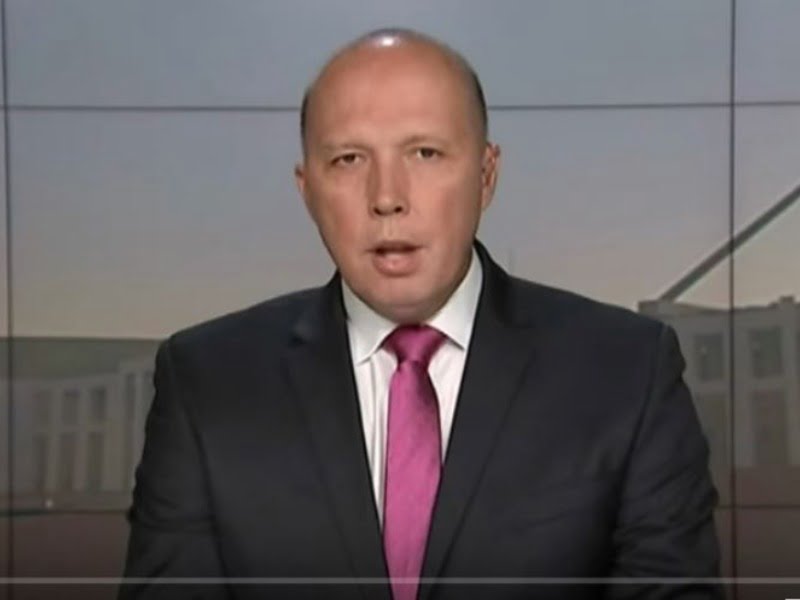There are calls for the federal government to put on hold its plans to secure a data-sharing deal with the US during the coronavirus pandemic so proper scrutiny can be applied.
The Telecommunications Legislation Amendment (International Production Orders) Bill 2020 was introduced to Parliament at the start of the month and quickly referred to the Parliamentary Joint Committee on Intelligence and Security (PJCIS) by Home Affairs Minister Peter Dutton.
The bill provides the legislative framework for Australia to enter into a CLOUD Act agreement with the US government, which would facilitate expedited access to data held by an American company by Australian authorities, and vice versa.
A CLOUD Act would let law enforcement directly request data held by a company based in a foreign country rather than having to go through the law enforcement channels in that country. It would theoretically allow Australian authorities to access data held by Facebook without going through American authorities.

The legislation provides the legal groundwork for Australian agencies to obtain “independently authorised international production orders” for data held by communications providers in other countries, and for Australian communication providers to disclose data to foreign countries that have entered into an agreement.
“The bill is an essential precondition to the finalisation of the proposed cross-border access to data agreement between Australia and the United States,” Mr Dutton said in the letter referring the bill to the PJCIS.
The legislation was referred to the PJCIS late last week, with submissions due by 9 April and the report by 22 May. Mr Dutton said it was “vital” that the legislation be passed during the Winter Parliamentary sitting sessions to facilitate a CLOUD deal.
But with the ongoing coronavirus pandemic and states of emergency declared across Australia, the government has been urged to put these plans on hold so proper scrutiny can be applied to the legislation.
“I am hoping they will suspend the processes for a while to allow some of the critical voices a bit of time to get their heads above water with other commitments. They’re all academics and they’re scrambling at the moment as it is,” Deakin University senior lecturer Dr Monique Mann told InnovationAus.
“It seems like the worst time to be introducing this stuff without the proper processes for people to respond,” she said.
“During these times of global pandemic there are often these calls for more power and surveillance and emergency powers. We need to be mindful that these laws they are passing now will have long-lasting effects and we need to ensure that proper process of consultation.
“With everything else going on there should be a moratorium on the expansion of powers until the world is a bit more under control.”
There are many concerns about a CLOUD Act deal, Dr Mann said, and the relevant digital rights and legal groups need the time to properly evaluate the local legislation.
“It’s important that due process protections for suspects are upheld. The current process is recognised as cumbersome and time-consuming in this digital environment where they need to get access to evidence very quickly,” she said.
“But there’s just a risk here that the protections for individuals will be reduced and also the protections for other jurisdictions that are perhaps not as powerful as the US as well are being forced into this. It’s really concerning. We need a bit of a reprieve to give us breathing space to be able to respond appropriately.”
The legislation was flagged earlier by the Coalition, with Labor using it as evidence that the government’s controversial encryption laws would also need to be amended.
But Home Affairs says there is no issue with the encryption powers and they won’t prevent a CLOUD Act deal being secured.
Labor is supportive of a CLOUD Act deal but has argued that amendments need to be made to the encryption legislation in order to achieve this.
Do you know more? Contact James Riley via Email.

